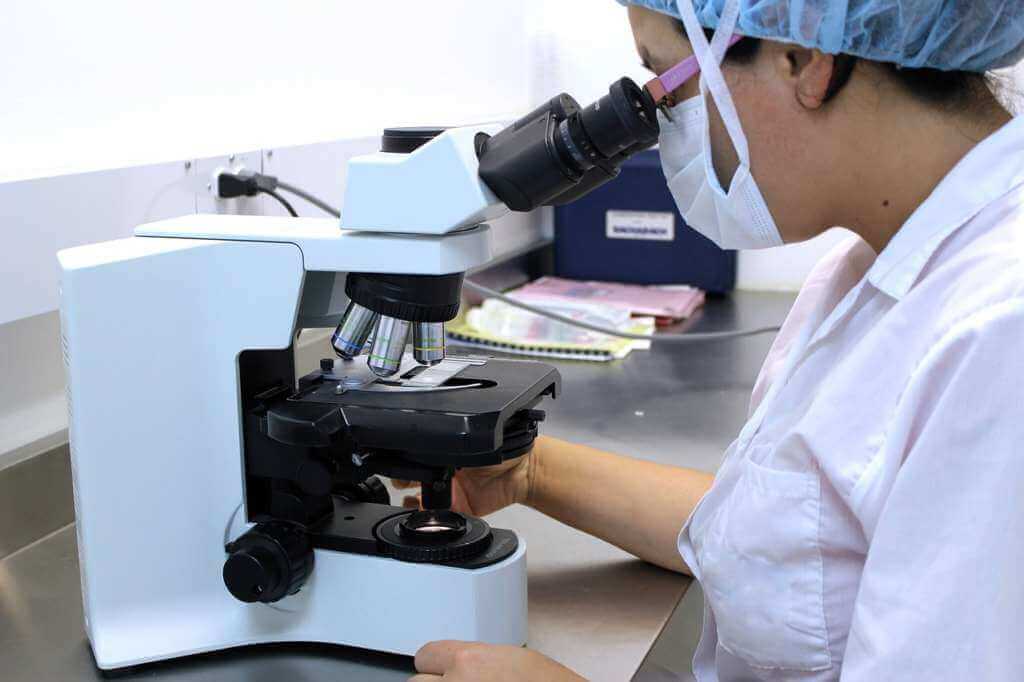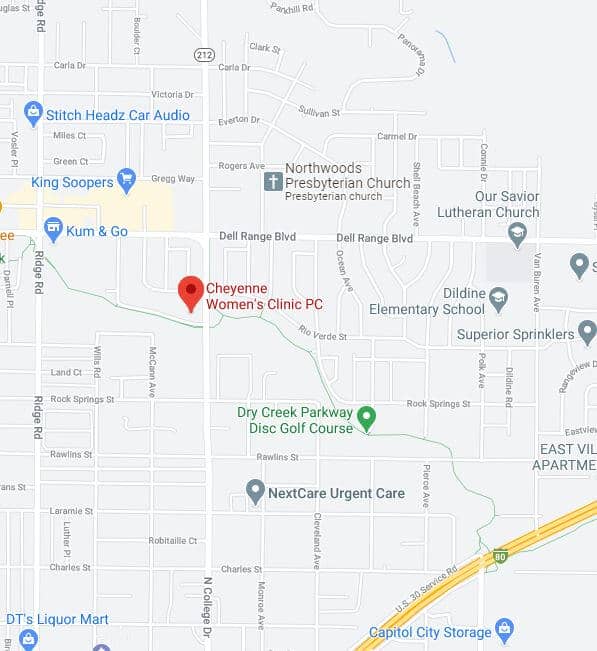January is cervical cancer awareness month, and it wouldn’t be complete without making sure you understand the importance of regular cervical cancer screening. Cervical cancer screening, which is commonly known as the Pap test or Pap smear, is used to find changes in the cells of your cervix that could lead to cervical cancer. With cervical cancer, some of your cervical cells become abnormal and, over time, grow out of control. These cancer cells can invade deeper into your cervical tissue and potentially spread to other parts of the body.
What Causes Cervical Cancer?
Most cases of cervical cancer are caused an HPV (human papillomavirus) infection, which is passed from person to person during sexual activity. HPV is very common, and most people who are sexually active will contract an HPV infection in their lifetime. The infection often causes no symptoms and usually goes away on its own. Some types of HPV, however, have been linked to cervical cancer. These are known as high-risk types.
In women, a short-term HPV infection usually causes only mild, low-grade changes in cervical cells. The cells return to normal as the HPV infection clears.
In some women, however, HPV does not go away. If a high-risk type of HPV infection lasts for a long time, it can cause more severe, high-grade changes in cervical cells. High-grade changes are more likely to lead to cancer.
The Importance of Cervical Cancer Screening
It usually takes three to seven years for high-grade changes in cervical cells to become cancer. Cervical cancer screening may detect these changes before this happens, which is why screening is important. If a Pap test shows you have low-grade changes to your cervical cells, we can provide additional tests more frequently until your cells return to normal. This will make sure the changes to your cells don’t become more serious. If your doctor discovers you have high-grade changes, he or she can provide you with treatment to remove those cells.
How Often Should You Have Screening
At Cheyenne Women’s Clinic, we follow the recommendations of the American College of Obstetricians and Gynecologists, which are:
- Women aged 21 to 29 years should have a Pap test alone every three years. You don’t need HPV testing.
- Women aged 30 to 65 years should have a Pap test and an HPV test (called co-testing) every five years. It also is acceptable to have a Pap test alone every three years.
Once you reach 65, your risk of cervical cancer decreases. If you don’t have a history of moderate or severe abnormal cervical cells or cervical cancer and you haven’t had an abnormal Pap test result in the last 10 years, you don’t need further screening.
If you have had cervical cancer, are HIV positive, have a weakened immune system, or were exposed to the synthetic hormone DES (diethylstilbestrol) while your mother was pregnant with you (it was prescribed for some pregnant women up through 1971), you may need more frequent screening.
If you received the HPV vaccination, the screening recommendations for your age group still apply.
If You Get an Abnormal Cervical Cancer Screening Test Result
Many women receive abnormal cervical cancer screening results. An abnormal result does not mean that you have cancer. Remember, cervical cell changes often return to normal on their own. And if they do not, it usually takes several years for even high-grade changes to become cancer.
- If you have an abnormal screening test result, we will use additional testing to find out whether high-grade changes or cancer actually are present. Sometimes, you only need repeat Pap testing. In other cases, we may recommend a colposcopy, which involves viewing your cervix cells under magnification, or a cervical biopsy, which involves removing a small sample of abnormal cells to look at under a microscope in a laboratory.
- If the results of follow-up tests indicate you have high-grade changes, you may need treatment to remove the abnormal cells.
- If it’s been three years since you’ve had a Pap test (which includes never having had one) to screen for cervical cancer, schedule an appointment with one of our doctors. A Pap test is a simple, painless procedure that can help you understand your risk for cervical cancer.
If it’s been too long since you’ve had a Pap smear for cervical cancer screening, it’s easy to call our office and set up an appointment.






